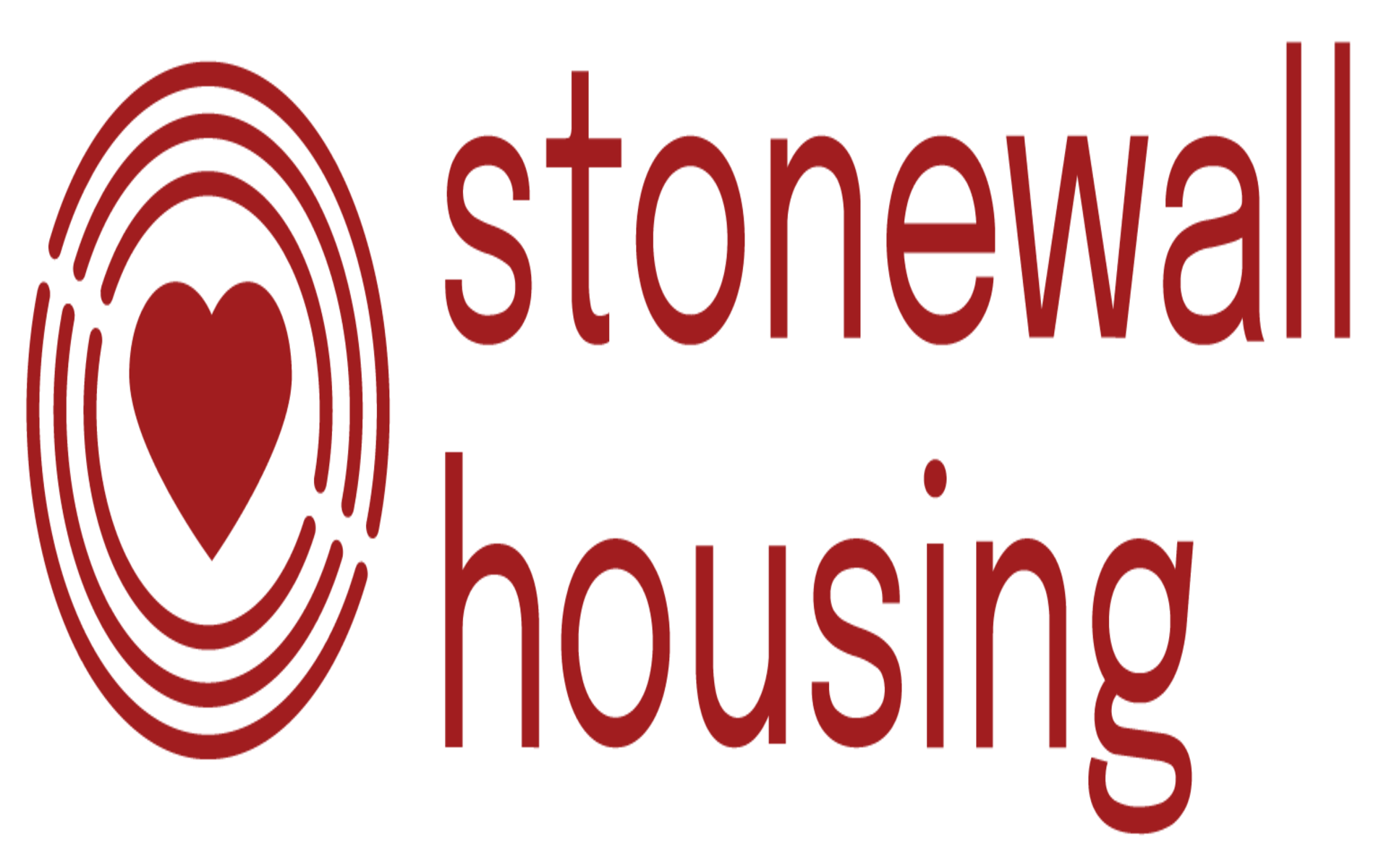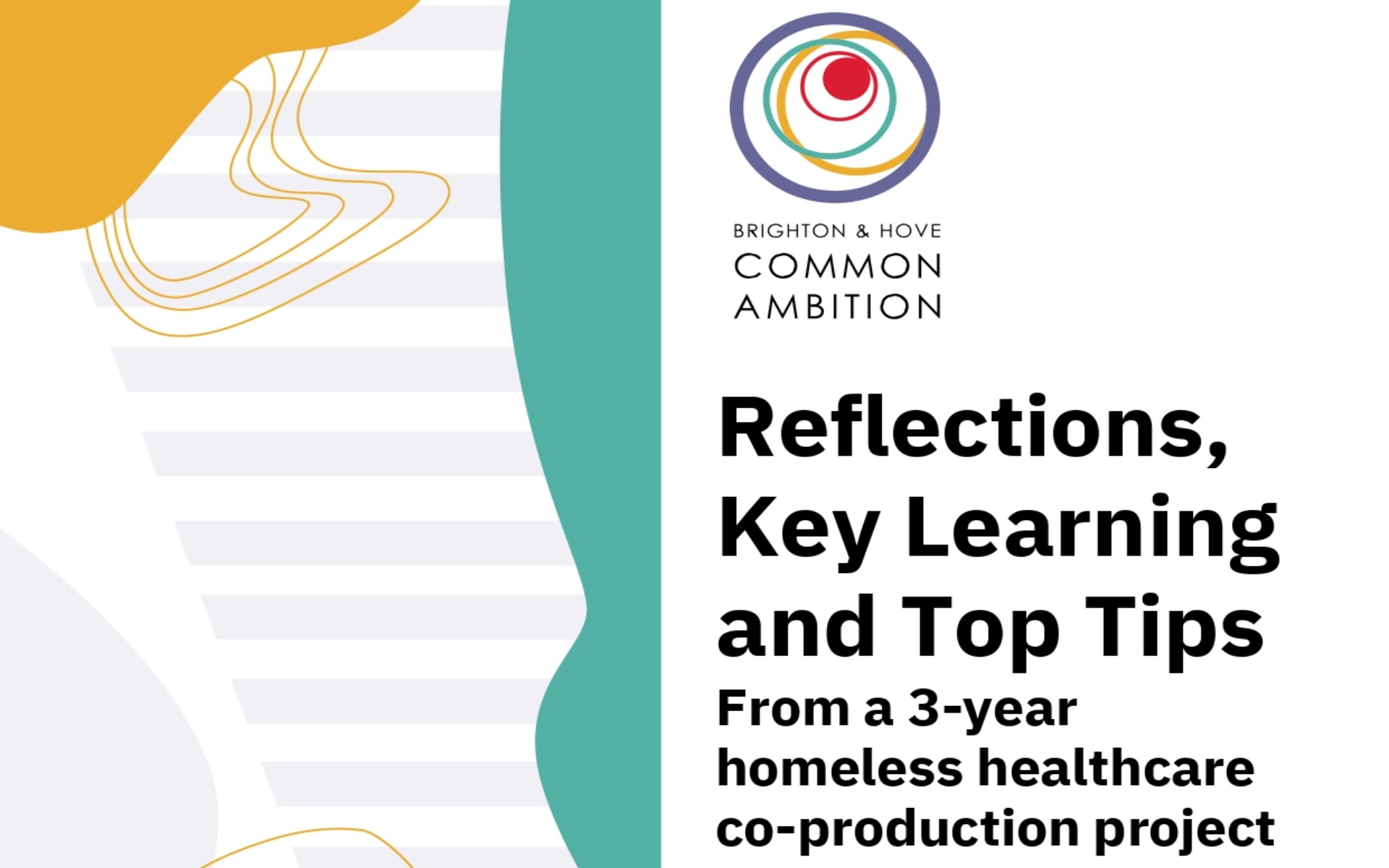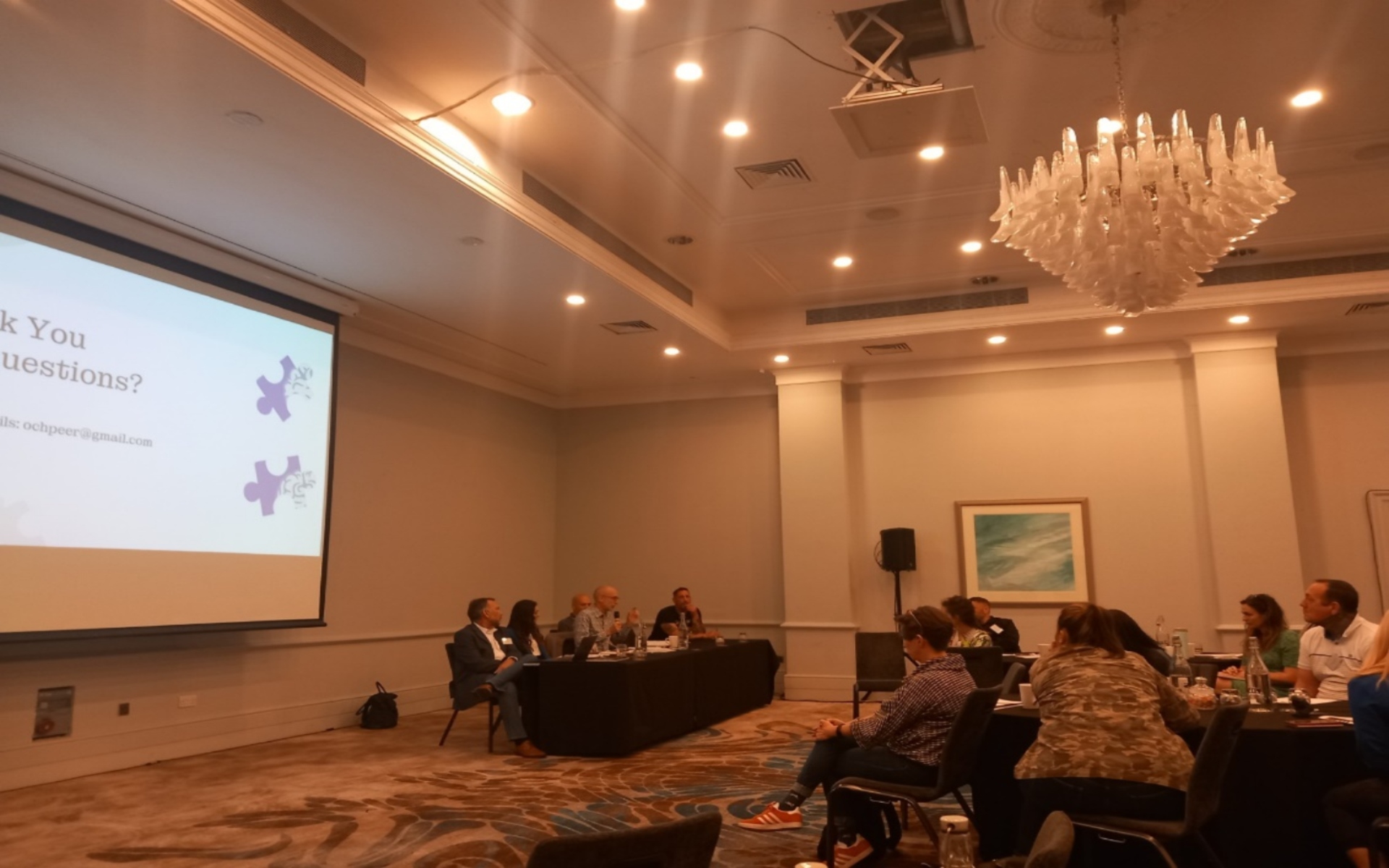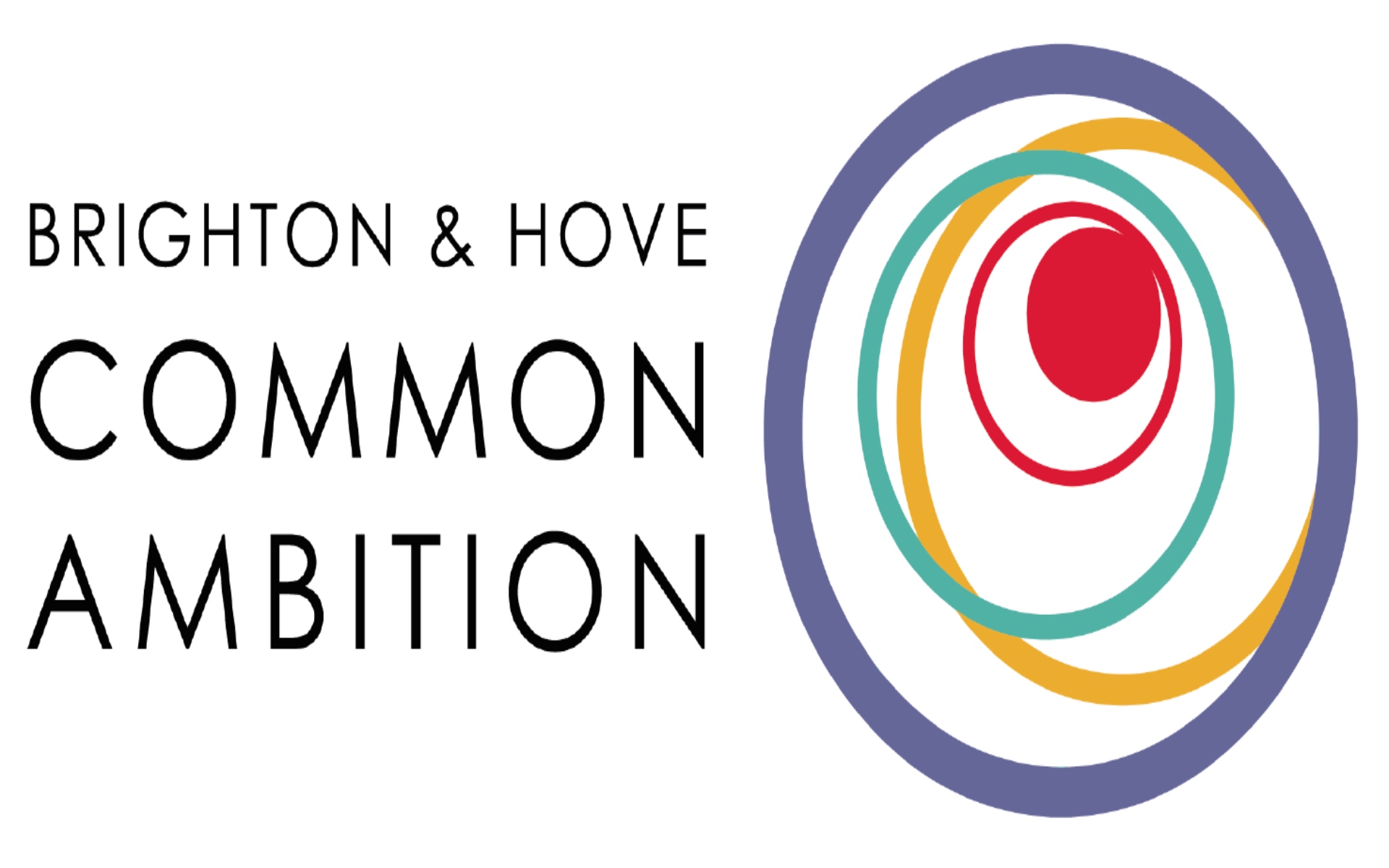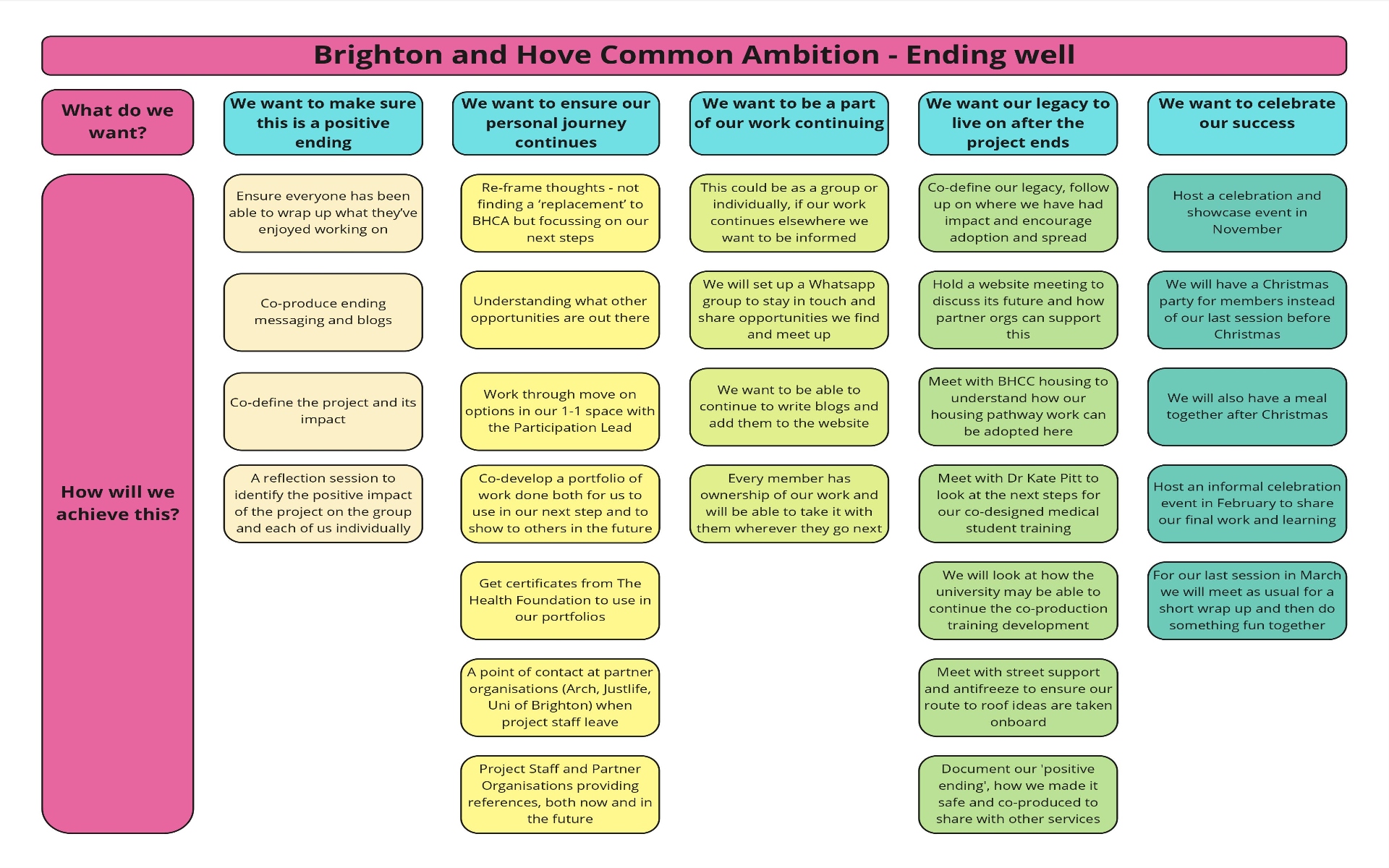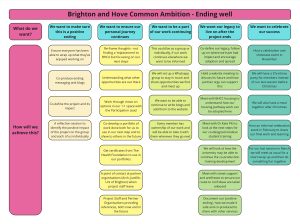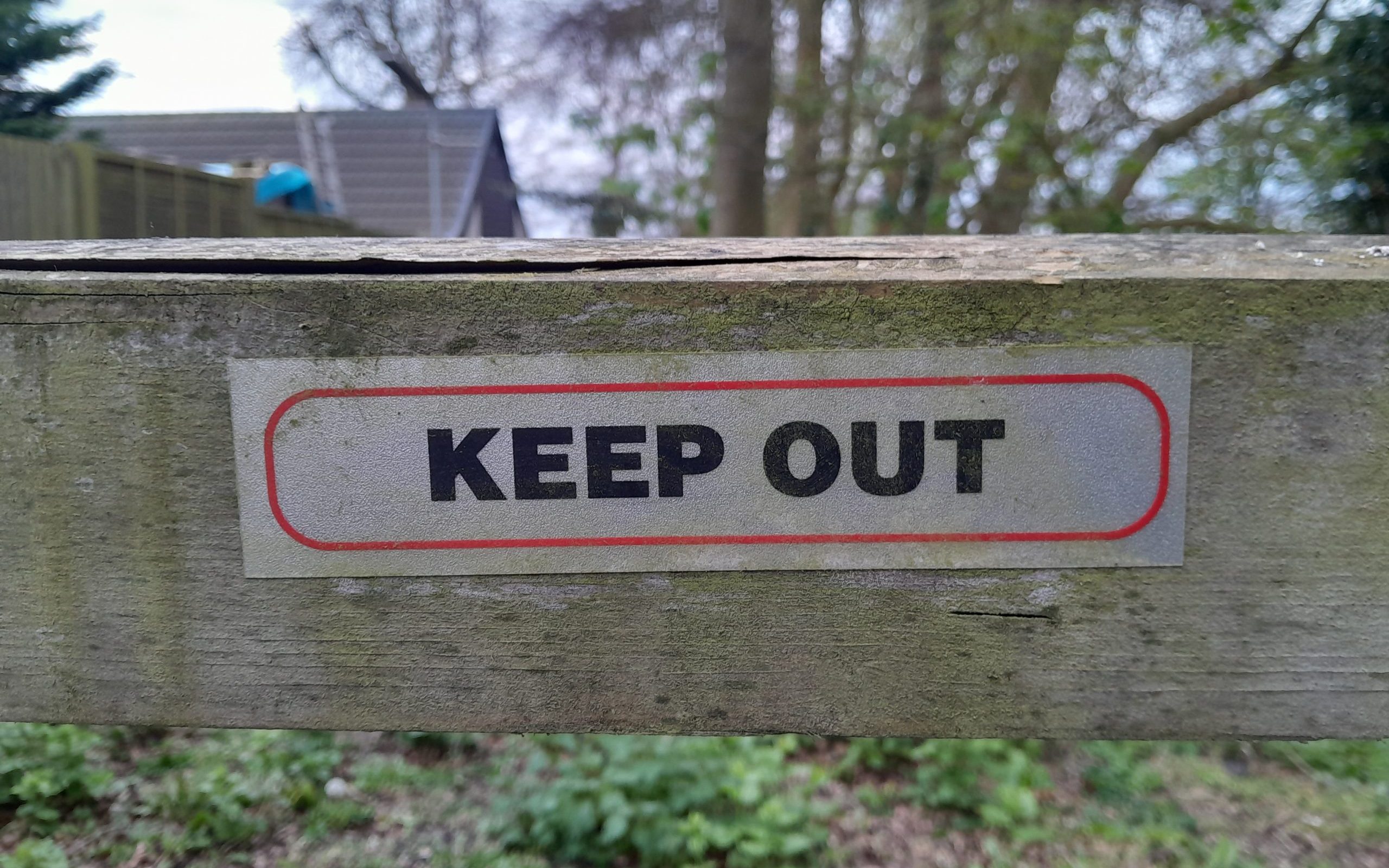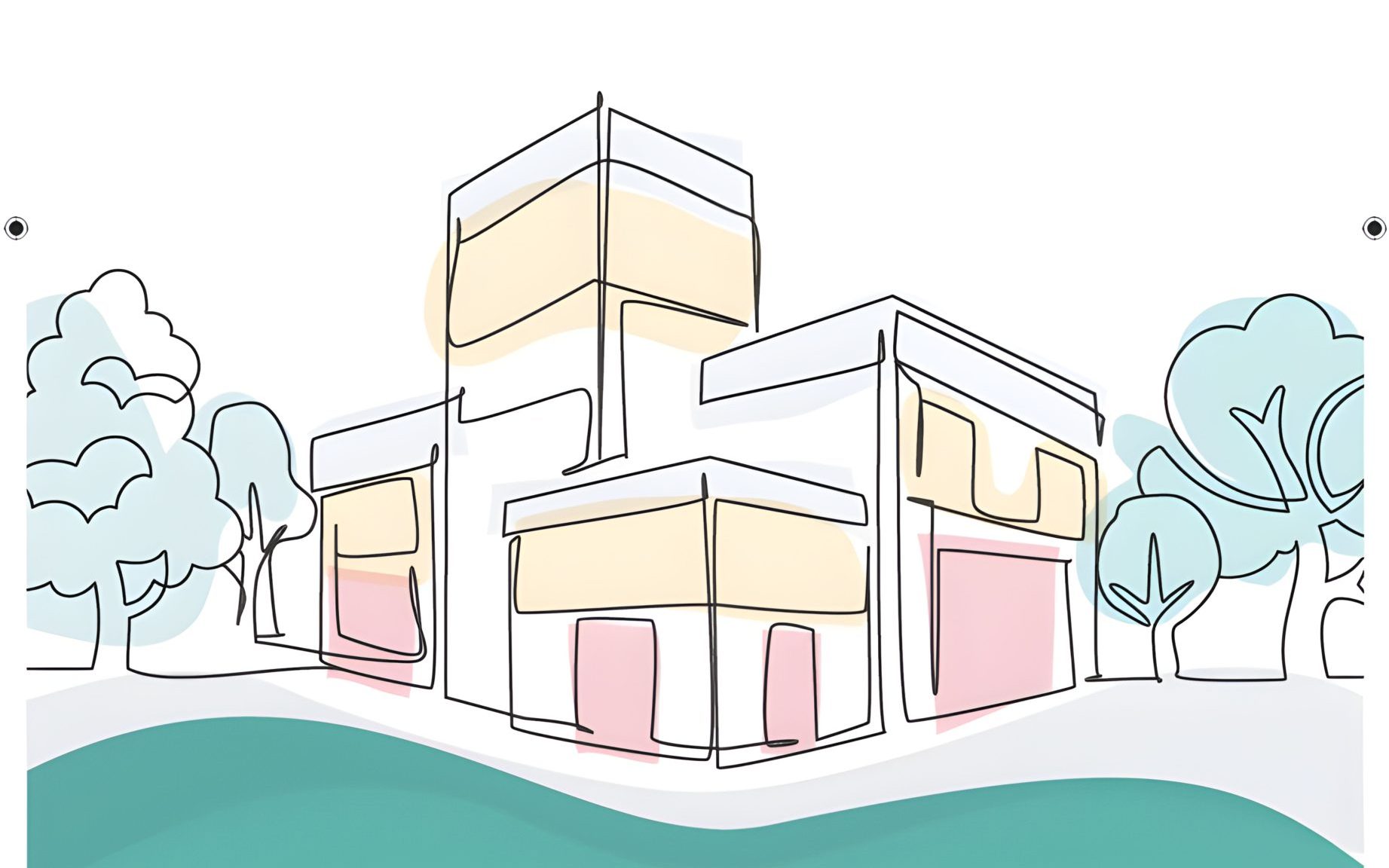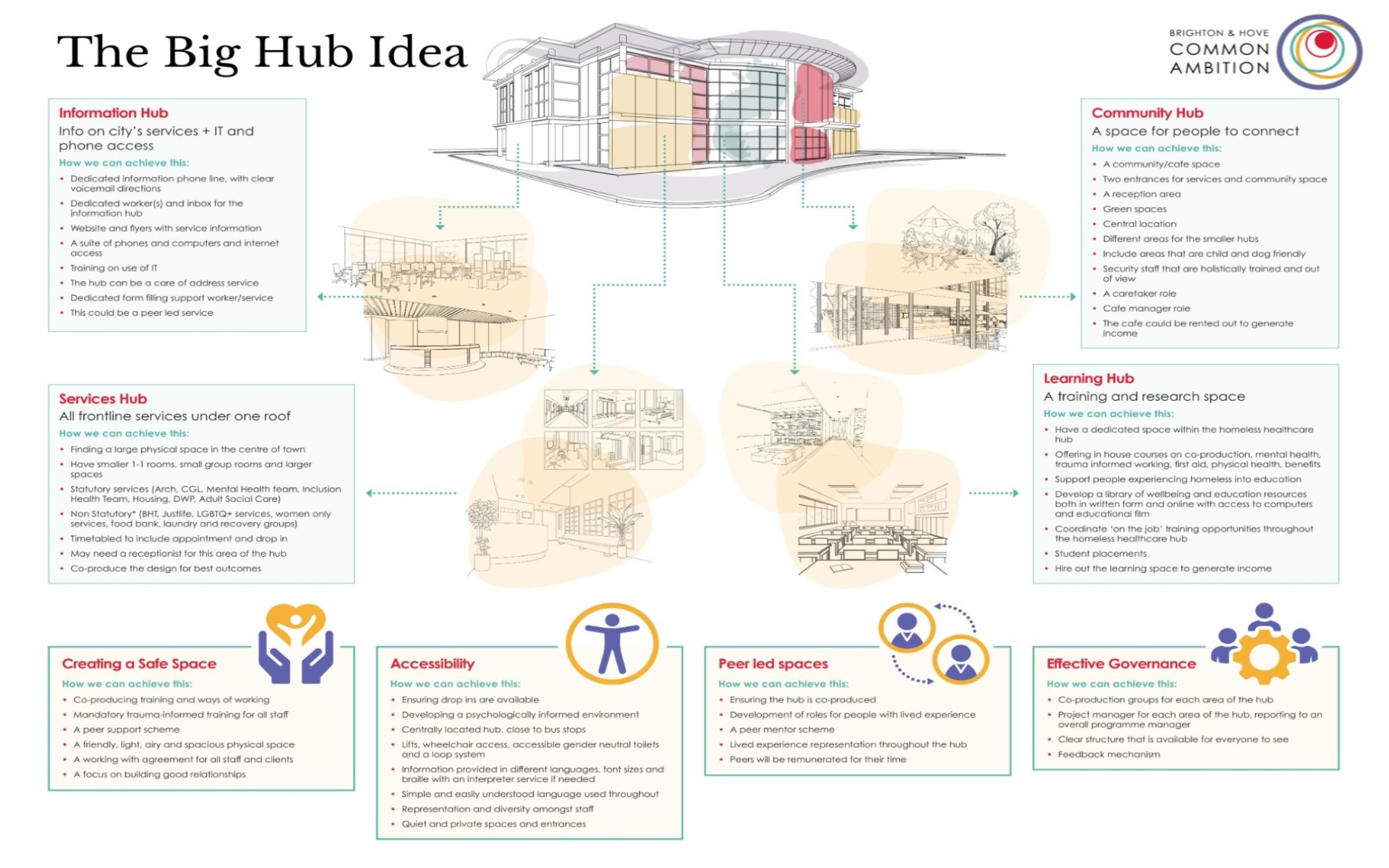Within homeless support services, endings happen regularly; in different contexts within the sector. Some projects or services are only funded short term, others might even end abruptly. Another routine ending can be when a client moves on from a support service and ‘ends’ a relationship with a worker. This can create a rupture and even feelings of loss or grief.
Brighton and Hove Common Ambition’s (BHCA) initial project funding was for three years. As such, we wanted to make sure the ending felt safe for all involved. We acknowledge that endings can produce feelings of sadness and frustration, and did not want to shy away from these challenging feelings. However, we also wanted to ensure these feelings did not overshadow celebrating the project’s achievements.
At the centre of our Ending Well work was transparency. The staff team wanted to be as clear, open and honest about the ending as possible. Conversations about the project’s end date were continually had on a group and individual 1-1 level.
A co-produced ending:
In line with our trauma-informed co-production, the BHCA steering group co-produced our ending (See poster for our co-produced ending goals). This took the form of a ‘design sprint’ and was happening alongside other pieces of work.
Five key areas stood out to us (in blue) from the poster below :
- We want to make this a positive ending
- We want our personal journeys to continue
- We want to be part of our work continuing
- We want our legacy to live on after the project ends
- We want to celebrate our success
We wanted the project to continue; so sustainability was central when co-designing our ‘ending well’. It was a conscious choice to work towards more funding; for example we spoke out about sustainability goals at events. However, it was challenging at times to manage opposing feelings of sadness of ending with the hope of carrying on. This uncertainty felt uncomfortable.
Ending well plan vs. reality
We carried out the Ending Well actions (as per the poster) over the course of 6 months. During this time some key tasks included :
- Tying up ‘loose ends’ for each individual piece of work; ensuring there were people to ‘take responsibility’ for them after the group, for example Dr Kate Pitt took ownership for the medical student training.
- Participation leads supported individual members to map out potential next steps in work and learning pathways beyond the project
- Held three different celebration events to different audiences such as our supporters as well as people working in the system
The only action points we did not do were no longer relevant given the fact the project is continuing, for example, creating a WhatsApp group for steering group members to stay in contact after the end.
The project in its original form did end; but we are pleased that we are funded for another year (sustainability update to follow).
